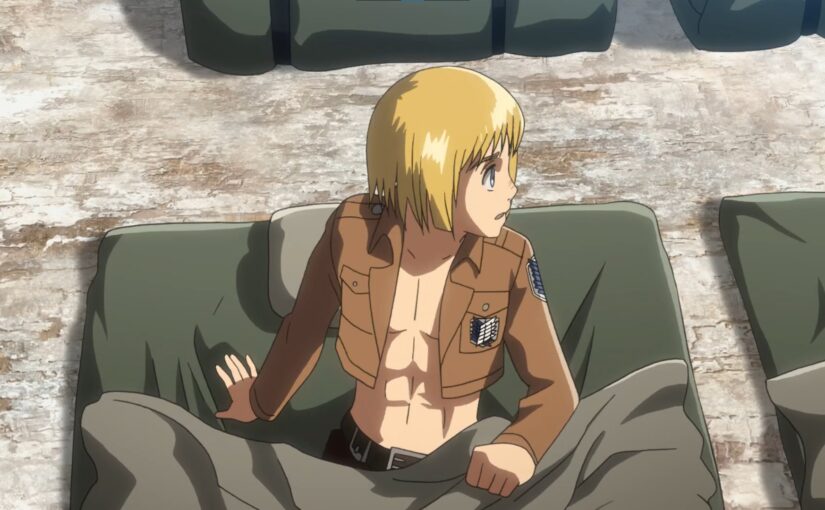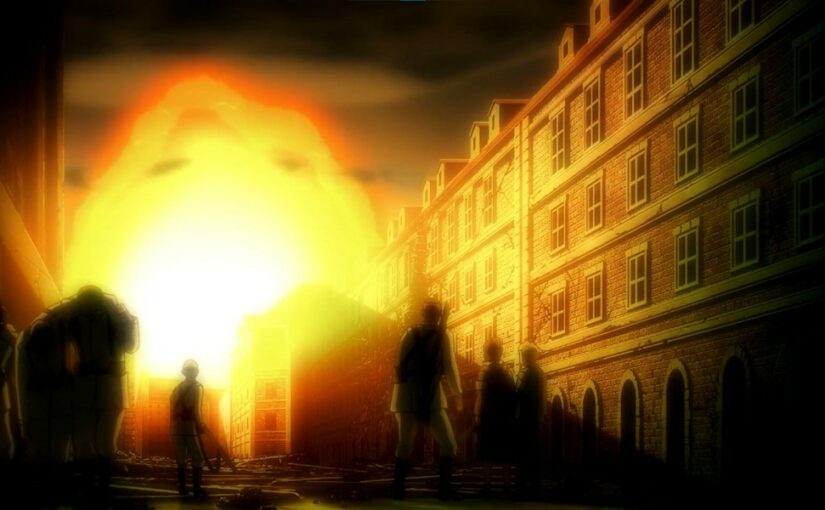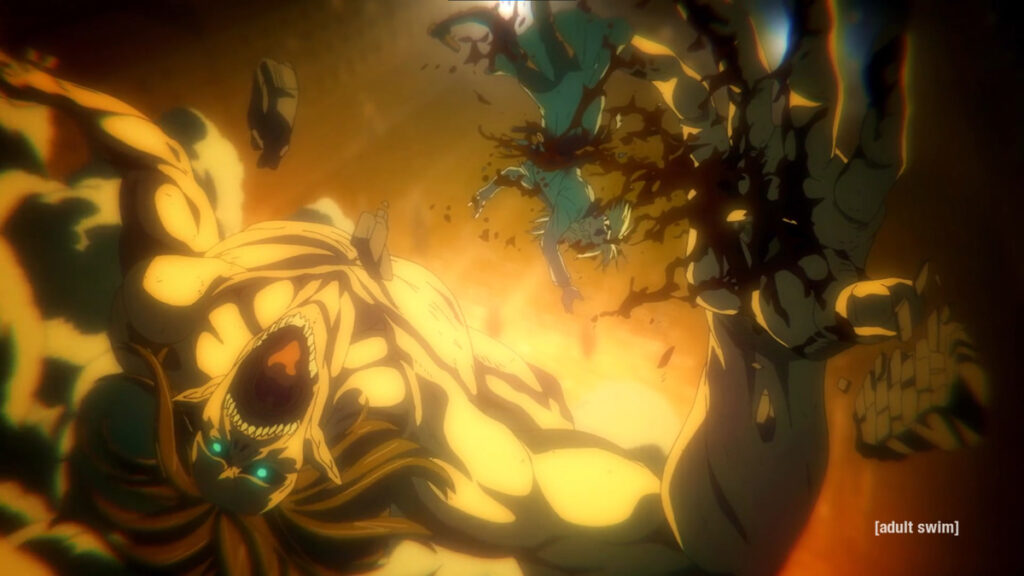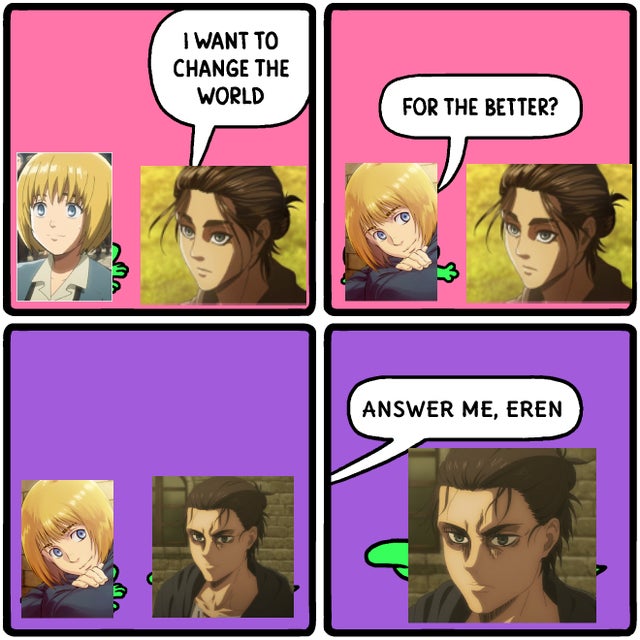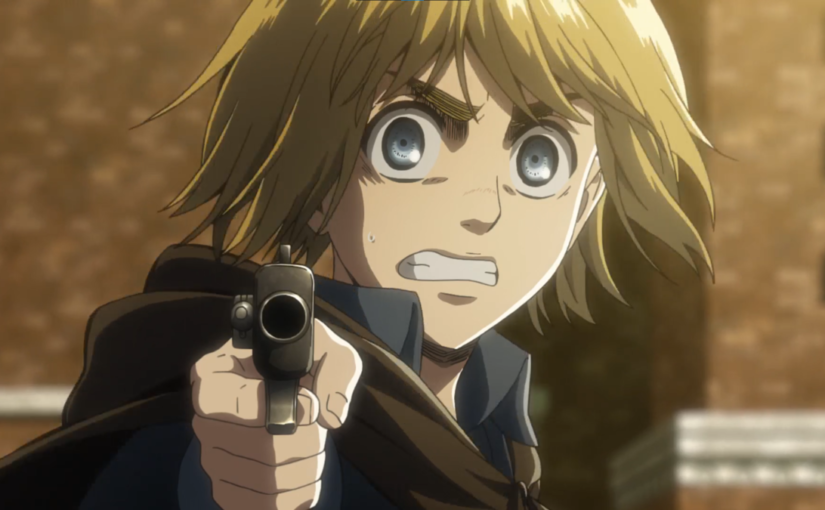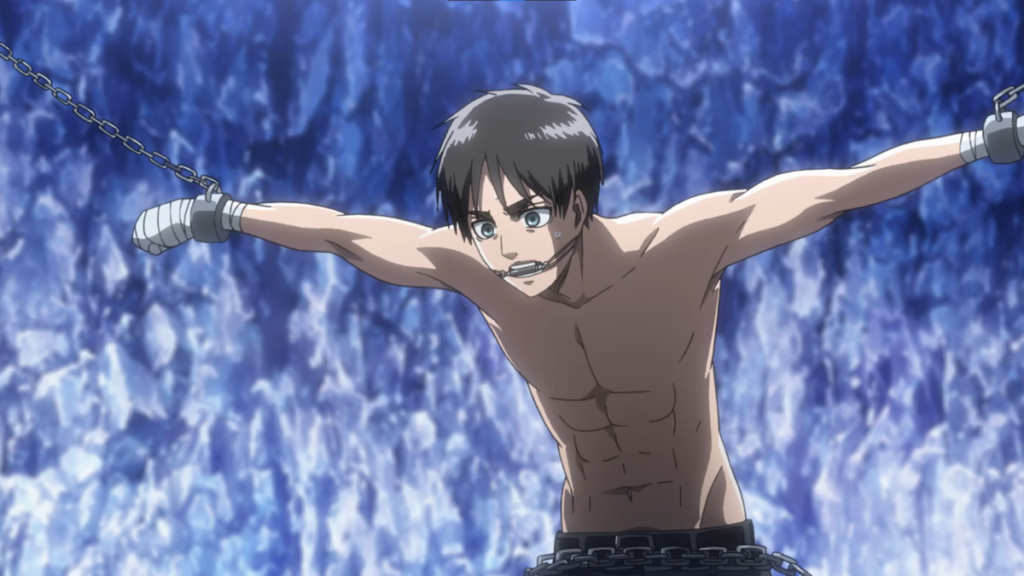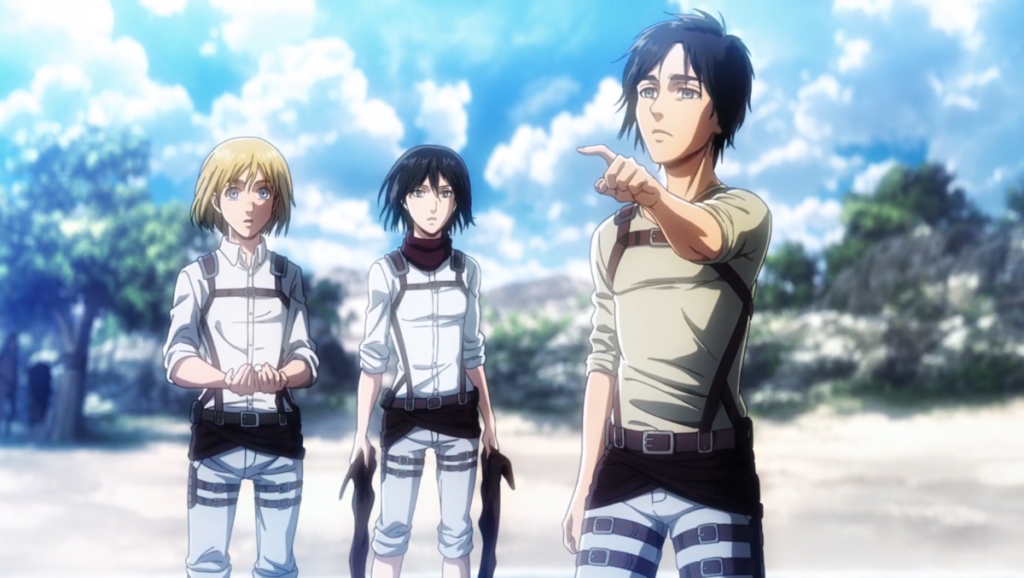In light of all the controversy surrounding Attack On Titan, it is hard to ignore militarism/fascism in Anime. It is one of those things where it is hard not to notice once it has been pointed out to you. With all that said, people vastly exaggerated it for Attack On Titan, but it is still worth taking a closer look into since it fits a larger pattern within the genre.
Compared to other countries, Japanese Anime has a shocking number of shows dedicated to children serving in the army. Or, if not the army, some other organization like The Demon Slayer Corpse in Demon Slayer, or the Hunter Association in Hunter X Hunter, or the Postal Service in Tegami Bachi. However, if you are looking for directly serving in the army, Attack on Titan, Black Clover, and FullMetal Alchemist are your best examples. You would be hard-pressed to find many examples like this in western media.
Many people draw this as a correlation between imperial Japan and the culture of that time. However, the times have changed, and sub-text is essential to understand. A surface-level plot summary may have people hesitant since there is a trend of literally depicts children fighting in wars. Rather than glorify war and nationalism, these shows often pose philosophical questions that are critical of fascism.
The de facto best example of this would be Fullmetal Alchemist. The country where our protagonists live is based on WW2 era Germany, and the ruler had title Fuhrer. In fact, in a FMA movie, the parallel dimension of their country was Hitler’s Germany. Yet, despite these parallels, nobody would say that the show was pro-fascist. This is because our protagonists were skeptical of authority and refused to cave blind ideology. The Elric brothers ended up changing the country for the better, and not once did they become mindless “military dogs” –a term given towards state Alchemists.
This brings us back to Attack on Titan. The issue with this show is that it put itself into a morally gray zone by mid-season 4. Attack On Titan started as a black and white fight against monsters. But, AOT has evolved into a vast geopolitical dispute where characters on both sides can be viewed in a negative light. This complexity reflects the reality of geopolitics in the real world. Each country has a long and complex history, and balancing everyone’s interests is hard to do. However, Attack on Titan has conveyed this vast story while not glorifying the imperialistic country of Marley, and not praising the violent and rash tendencies of Eric. AOT does an excellent job at depicting the humanity of both sides and the suffering that this conflict has caused.
Shounen titles like Hunter X Hunter, and Demon Slayer, have had great success without invoking strong war imagery. However, I don’t think it is fair to race to the conclusion that something is fascist since it depicts war from the perspective of a country that isn’t a democracy. It is possible to both tell a war story and be critical of war at the same time. People
The subtext is vital to discuss, and it is not just Anime. Several avengers movies have received similar criticism due to their portrayal of the US military. Moreover, if you look at American media at large, you will find an infatuation with law enforcement and the military. But, we can save analyzing American media for another blog post.
